Observation Studies in Special Education
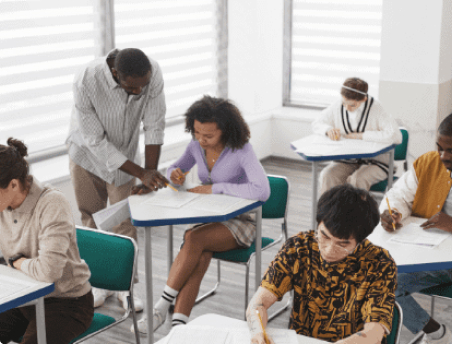
The purpose of the study is to understand the extent to which research based on observation provides compelling evidence to support common practices related to current observational research.
Can We Improve Conversational Fluidity in Young Adults With Autism Spectrum Disorder?
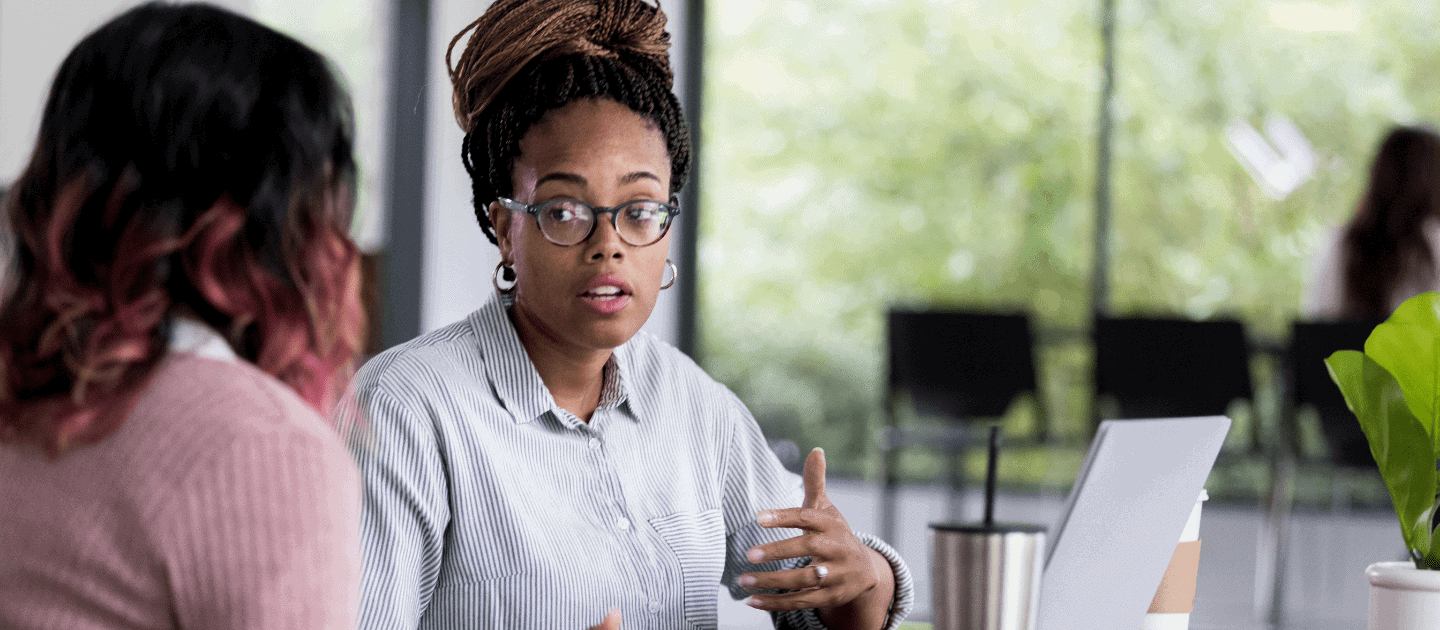
Competency in social communication can be an indicator of how socially desirable one is when meeting new people. For people with autism spectrum disorder (ASD), their conversational fluidity can be predictive of friendships and subsequent social and emotional success in early adulthood.
Taking a Dive into Identifying Reading Disabilities

The process of identifying reading disabilities and the interpretation of data around the identification of reading disabilities can be inconsistent and conflicting, as they will depend on who is in charge of the process and their training. Since there is considerable variation in the process of identifying reading disabilities, learning support teachers need to not only use current evidence-based and comprehensive assessments to identify and diagnose reading disabilities in a timely manner, but they also need to administer the appropriate interventions for learners to achieve educational success.
The perspectives of Colorado general and special education teachers on the barriers to co-teaching in the inclusive elementary school classroom

Co-teaching has the demonstrated potential to positively impact the experiences and academic performance of students with disabilities in inclusive classrooms, yet numerous studies have demonstrated that without sufficient training, planning time, or instructional feedback, the potential gains are not consistently realized in practice.
Student-Driven Goal-Setting and Attainment: What Causes Differences in Perception Between Student and Teacher?

When students determine their own goals and design their own rubrics for measuring outcomes, goal attainment is dependent on whether the student’s rating or the teacher’s rating is utilized as the outcome measure.
Do teachers treat their students differently?
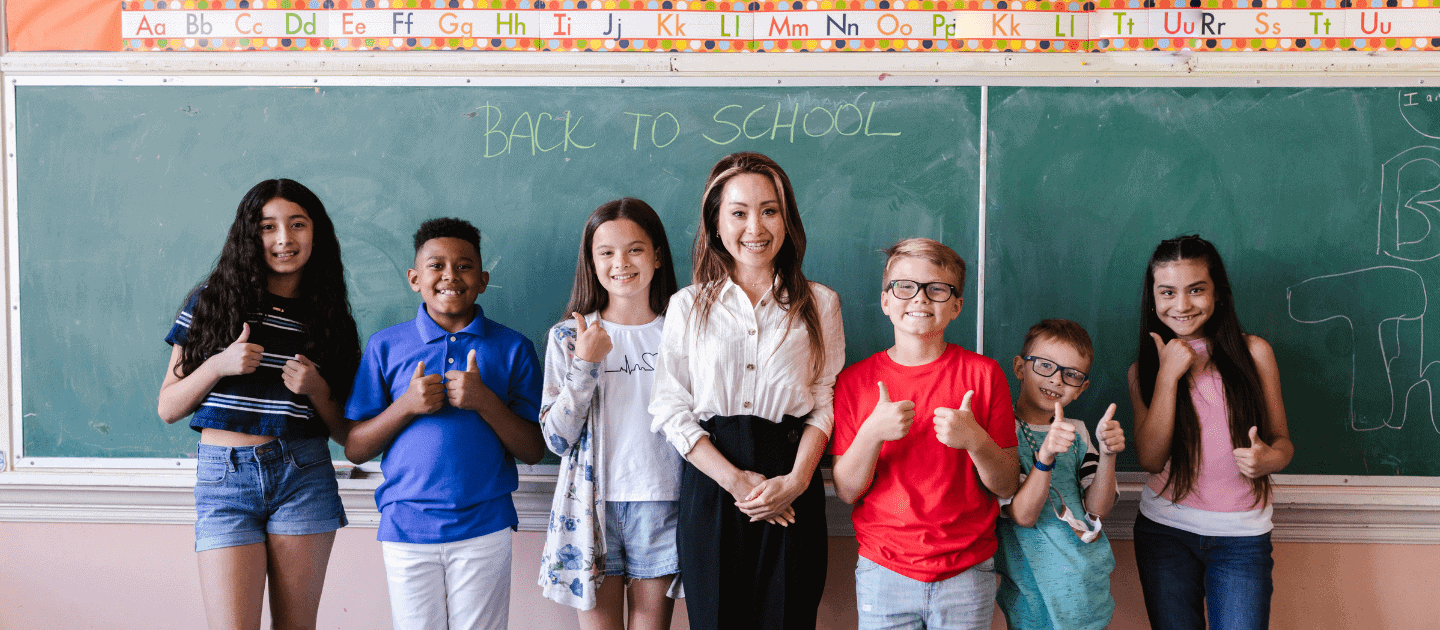
Teachers sometimes treat their students differently from one another, focusing more on the low-performing students.
Leveraging Peer-Mediated Interventions for Academic and Social-Behavioral Gain
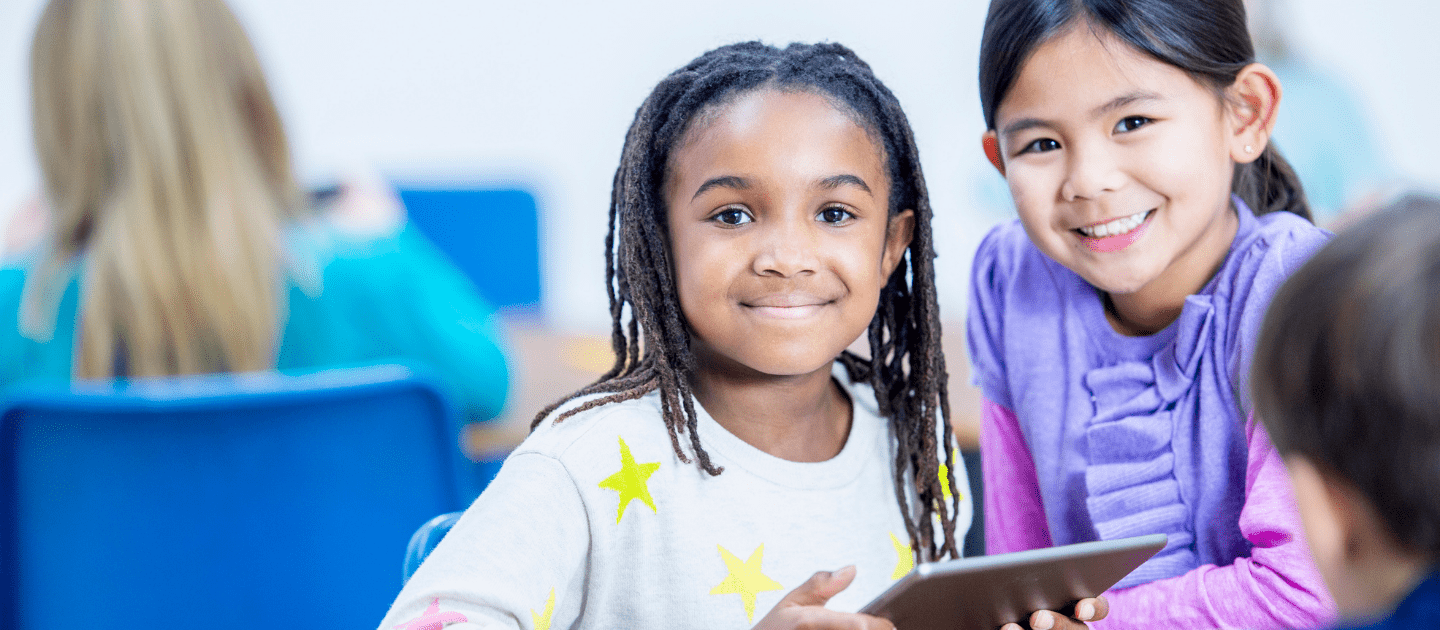
The implication of this study for educators is that utilizing peer-mediated interventions, within academic, SEL, and executive function lessons, is once again proven an evidence-based approach to increasing academic gains.
Repositioning Families to be Active Change Agents

Families should be valued, and we should reconceptualize families as central stakeholders, seen and treated as significant contributors who have authority to influence and impact the trajectory of content and research decisions.
Visible Learning for Teachers Maximizing Impact on Learning – John Hattie
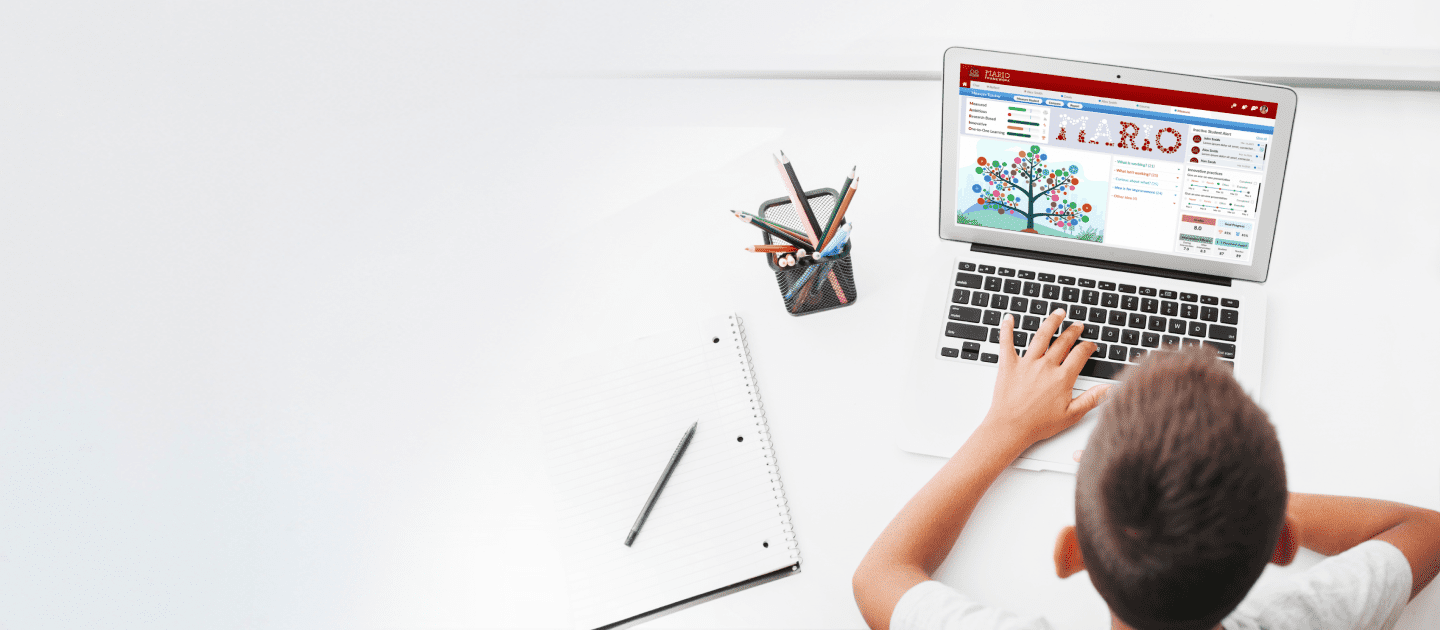
In November 2008, John Hattie’s ground-breaking book Visible Learning synthesized the results of more than fifteen years research involving millions of students and represented the biggest ever collection of evidence-based research into what actually works in schools to improve learning.
The wisdom of practice: Lessons learned from the study of highly effective tutors – Mark R. Lepper and Maria Woolverton

This chapter describes the wisdom of practice that explains the lessons learned from the study of highly effective tutors. This chapter presents that in the 21st century, tutoring remains the ideal of education.
